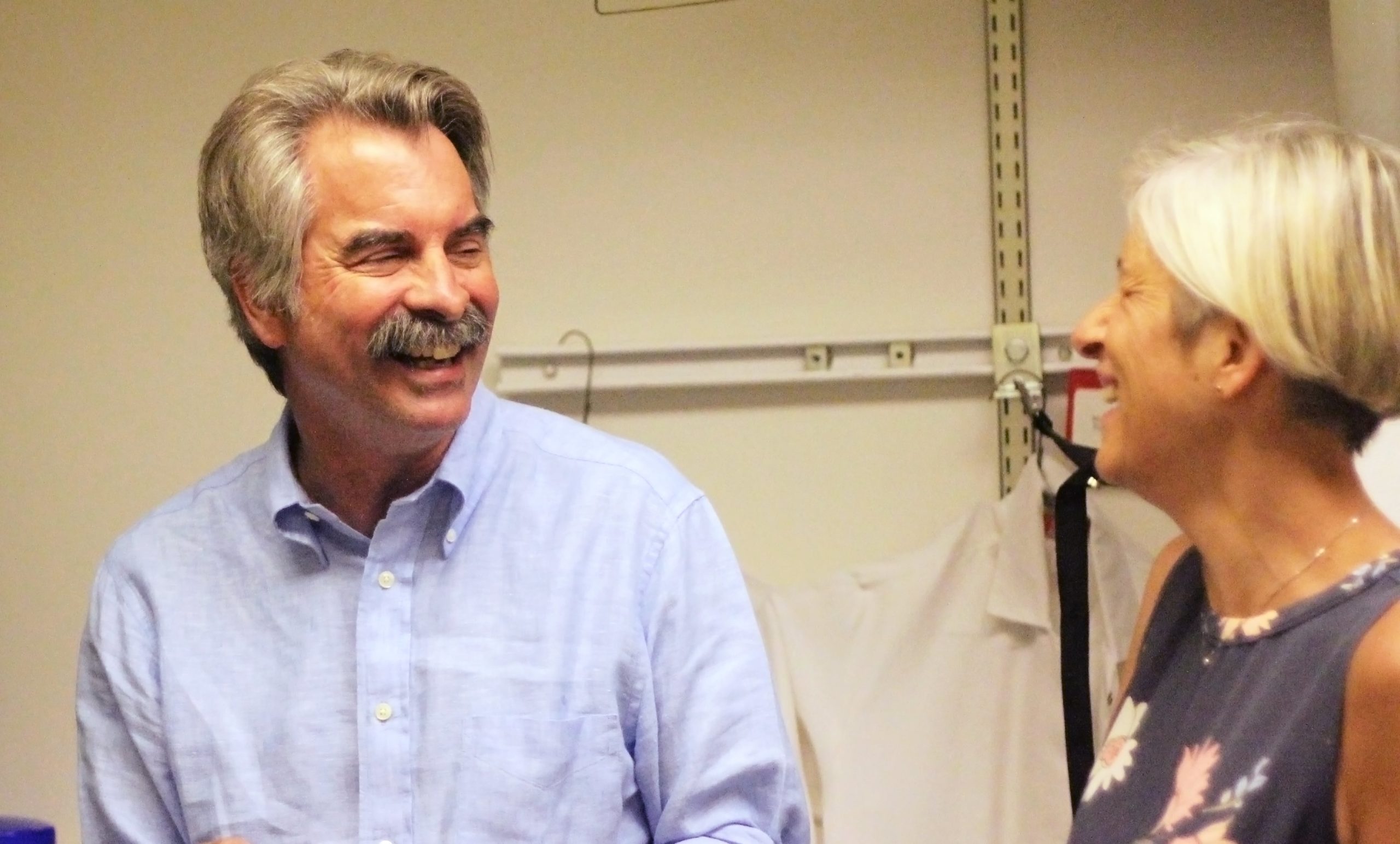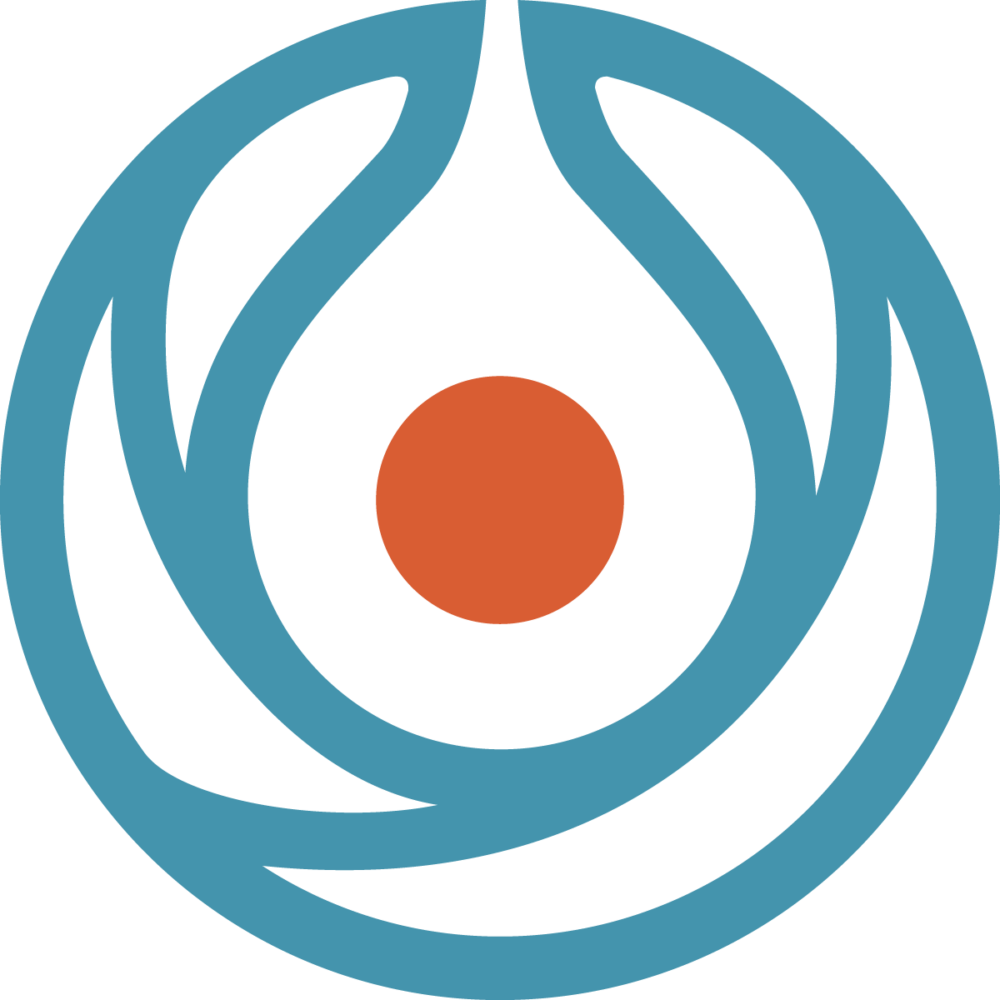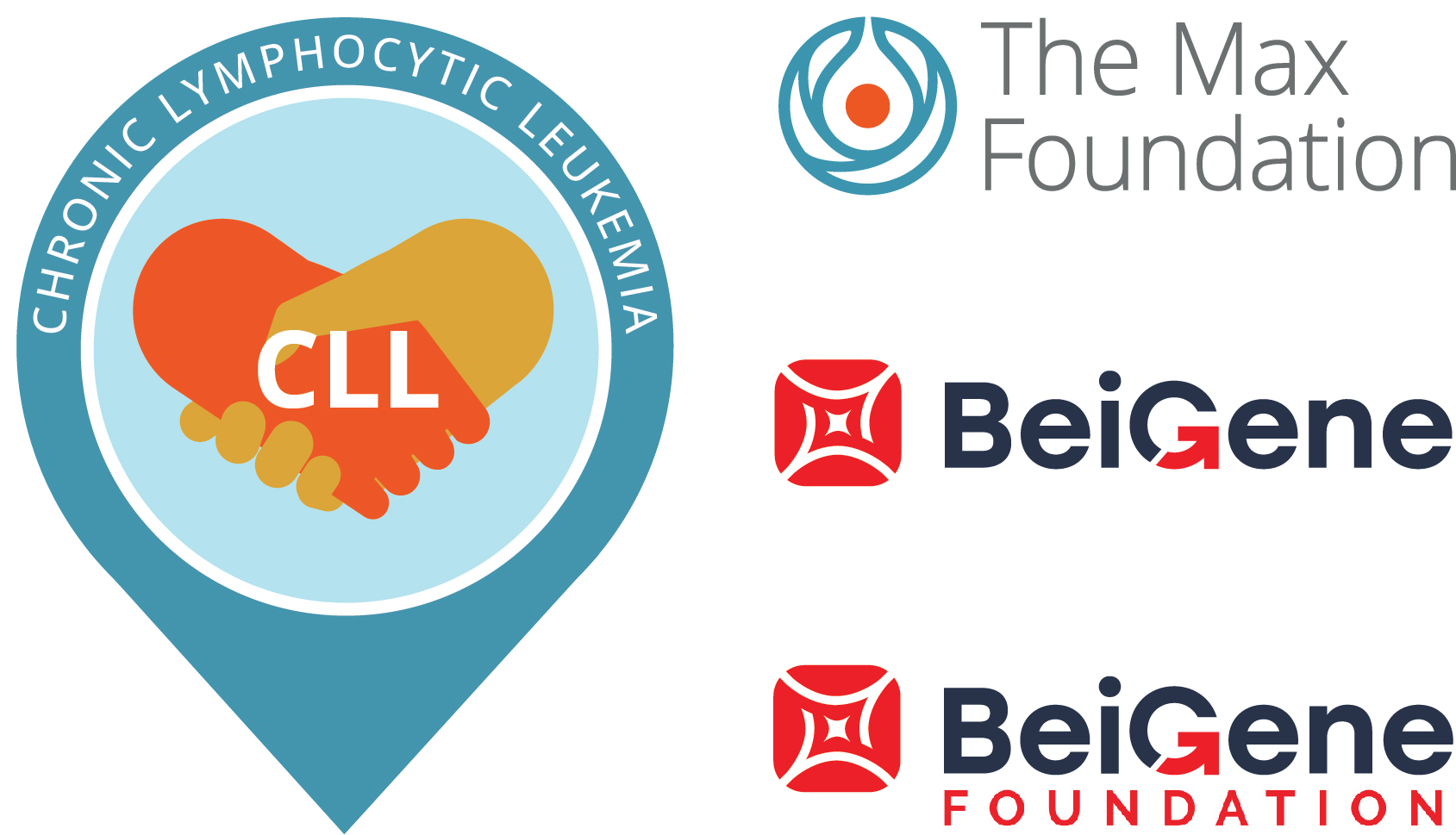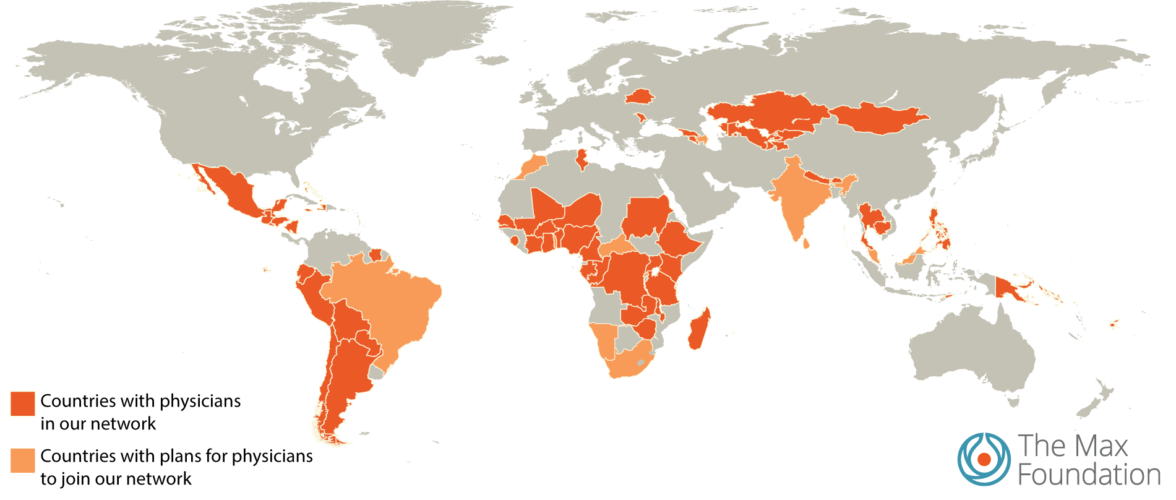Innovator Jerry Radich of Fred Hutch joins The Max Foundation’s Executive Board
The Max Foundation is thrilled to welcome longtime advisor, Dr. Jerald Radich of the Fred Hutchinson Cancer Research Institute into the Executive Board. Dr. Radich has been a guiding star in our innovative work for many years helping people face cancer with dignity and hope, especially in the area of improving access to critical diagnostics in low- and middle-income countries.
Last year, The Max Foundation created a formal partnership with Fred Hutch and the Radich Lab called Spot On CML in order to increase testing for chronic myeloid leukemia (CML) patients. The Spot On CML partnership aims to test 365 patients in a year and has already helped patients in Mongolia, Nepal, Tajikistan, Timor Leste, and beyond.
Dr. Radich has an accomplished background. He is a medical oncologist who specializes in the molecular genetics of leukemia. A world-recognized expert in chronic myeloid leukemia (CML), he serves on the CML Guidelines Panels for the National Comprehensive Cancer Network and European LeukemiaNet, which synthesize the best available evidence, including findings from state-of-the-art molecular monitoring, to support optimal decision-making in the medical management of CML patients. For many years, Dr. Radich has been involved with The Max Foundation and the International CML Foundation (iCMLf), performing diagnostic and monitoring tests for CML patients in developing countries.
The Radich laboratory was one of the first to document that monitoring levels of the abnormal, CML-promoting “BCR-ABL” fusion protein can be used to detect “minimal residual disease” and predict relapse before CML cells can be detected by previously standard tests. Dr. Radich’s Lab was recognized in a New York Times article for their breakthrough work that continues to benefit patients today.
We are grateful for Dr. Radich’s ongoing support and thank him, in advance, for his continued guidance on behalf of people facing cancer worldwide.




